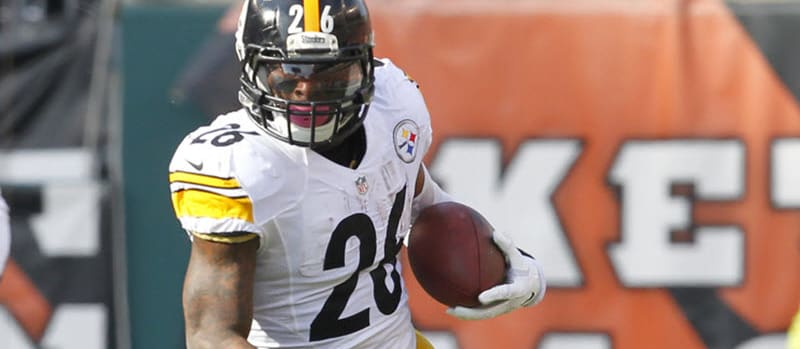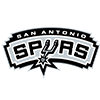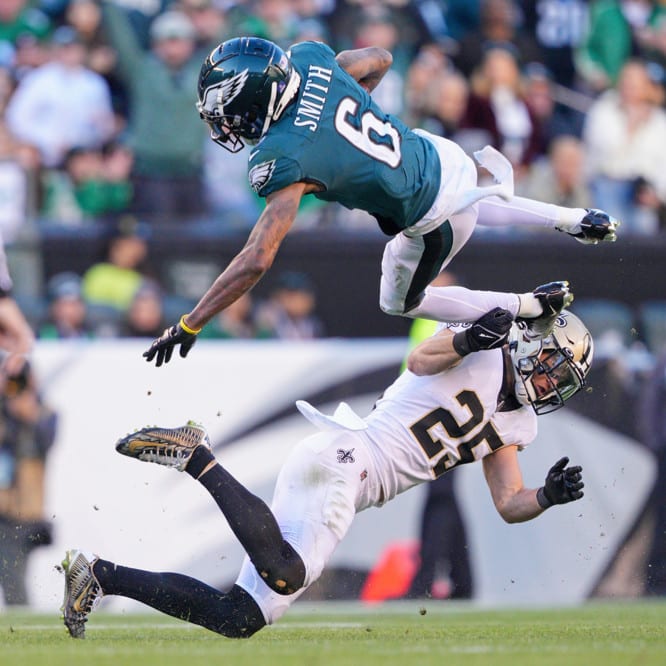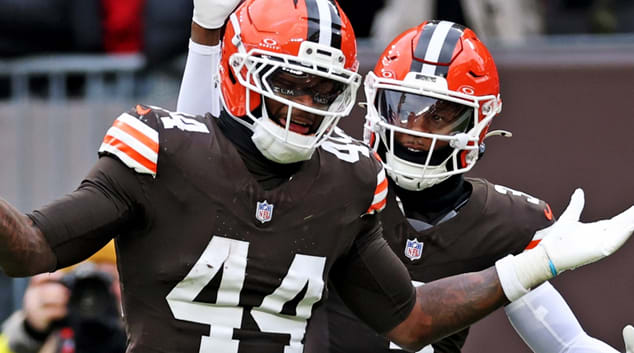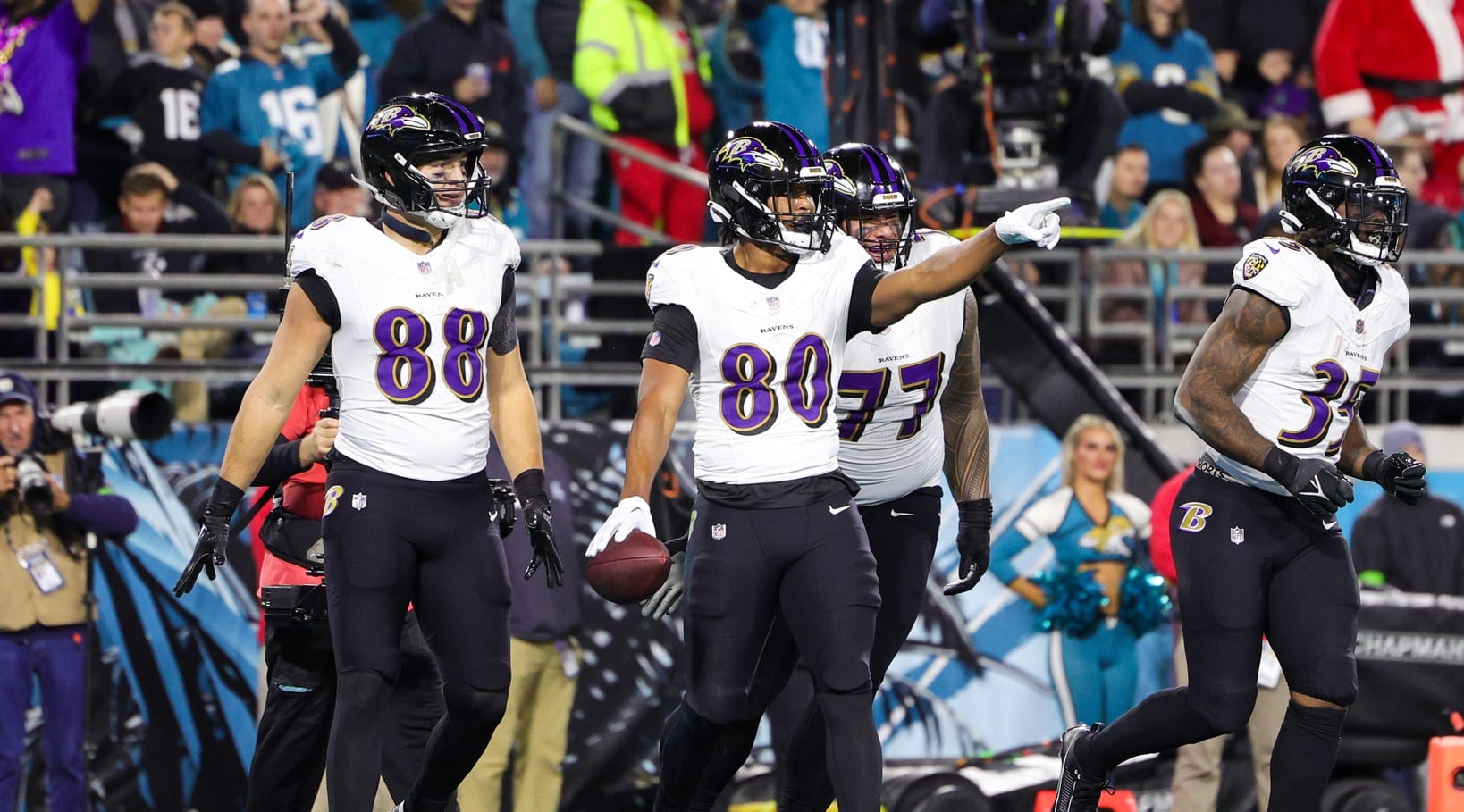To find the impact on Bell's production, I needed a list of previous holdouts to compare their production. The skill position list was shorter than expected. I was hoping to split out players by position and holdout length but no such luck. After digging around on the internet and asking around, I came up with the following player list.
Joey Galloway 1999
Larry Johnson 2007
Steven Jackson 2008
Michael Crabtree 2009
Vincent Jackson 2010
Chris Johnson 2011
Maurice Jones-Drew 2012
Marshawn Lynch 2014
Vernon Davis 2014
Andre Johnson 2014
Dez Bryant 2015
Demaryius Thomas 2015
DeAndre Hopkins 2016
Le'Veon Bell 2017
I started comparing their holdout season to their previous season and quickly ran into a roadblock. These players were coming off great seasons. They wanted a payday for previous season's work. I don't blame them.
The problem with coming off a great season, owners need to account for some regression. I removed tight end Vernon Davis and found the players averaged 222 fantasy points (non-PPR) in the season prior to their holdout.
Looking from 1990 to present, I found the wide receivers and running backs who posted 200-240 fantasy points. Then, I found their next season's production. The players fantasy stats declined by 23 percent
To find the impact on Bell's production, I needed a list of previous holdouts to compare their production. The skill position list was shorter than expected. I was hoping to split out players by position and holdout length but no such luck. After digging around on the internet and asking around, I came up with the following player list.
Joey Galloway 1999
Larry Johnson 2007
Steven Jackson 2008
Michael Crabtree 2009
Vincent Jackson 2010
Chris Johnson 2011
Maurice Jones-Drew 2012
Marshawn Lynch 2014
Vernon Davis 2014
Andre Johnson 2014
Dez Bryant 2015
Demaryius Thomas 2015
DeAndre Hopkins 2016
Le'Veon Bell 2017
I started comparing their holdout season to their previous season and quickly ran into a roadblock. These players were coming off great seasons. They wanted a payday for previous season's work. I don't blame them.
The problem with coming off a great season, owners need to account for some regression. I removed tight end Vernon Davis and found the players averaged 222 fantasy points (non-PPR) in the season prior to their holdout.
Looking from 1990 to present, I found the wide receivers and running backs who posted 200-240 fantasy points. Then, I found their next season's production. The players fantasy stats declined by 23 percent (median = 22 percent).
To determine the holdout's drop, I took their previous season's standard fantasy points and compared them to the next season. I broke up the next season by the first two, four and rest of season to see if the player comes in rusty (not really).
Note: I removed Crabtree from the list as he held out his rookie season.
| PLAYER | SEASON | G | FP/G | FIRST GM | TOTAL GM | FIRST 2 GM FP/G | FIRST 4 GM FP/GM | ROS FP/G |
| Joey Galloway | 1999 | 16 | 10.5 | 9 | 8 | 5.3 | 6.3 | 3.6 |
| Larry Johnson | 2007 | 16 | 20.9 | 1 | 9 | 8.7 | 9.0 | 12.5 |
| Steven Jackson | 2008 | 12 | 14.0 | 1 | 12 | 8.2 | 13.3 | 16.5 |
| Vincent Jackson | 2010 | 15 | 11.5 | 13 | 4 | 16.8 | 11.1 | 0.0 |
| Chris Johnson | 2011 | 16 | 14.4 | 1 | 16 | 5.7 | 7.5 | 11.5 |
| Maurice Jones-Drew | 2012 | 16 | 16.1 | 1 | 6 | 11.1 | 13.9 | 3.3 |
| Marshawn Lynch | 2014 | 16 | 15.0 | 1 | 16 | 18.4 | 19.8 | 15.5 |
| Vernon Davis | 2014 | 16 | 10.1 | 1 | 14 | 10.2 | 6.0 | 1.3 |
| Andre Johnson | 2014 | 16 | 10.7 | 1 | 15 | 8.4 | 6.1 | 7.4 |
| Dez Bryant | 2015 | 16 | 14.3 | 1 | 9 | 3.0 | 6.7 | 6.2 |
| Demaryius Thomas | 2015 | 16 | 14.4 | 1 | 16 | 8.8 | 10.0 | 10.2 |
| DeAndre Hopkins | 2016 | 16 | 13.8 | 1 | 16 | 9.4 | 6.2 | 7.9 |
| Le'Veon Bell | 2017 | 12 | 20.2 | 1 | 15 | 6.9 | 12.6 | 18.8 |
| Average | 15.3 | 14.3 | 2.5 | 12.0 | 9.3 | 9.9 | 8.8 | |
| Median | 15.3 | 14.6 | 2.0 | 12.3 | 9.6 | 10.1 | 9.2 |
As expected, the average fantasy points per game dropped, but the drop needs to be compared to the normal regression. Here are the median and average holdout percentages and the normal regression production declines.
| EXPECTED DECLINE | FIRST 2 GM | DIFF | FIRST 4 GM | DIFF | ROS | DIFF | |
| Average | 23% | 31% | 8% | 41% | 18% | 37% | 14% |
| Median | 22% | 39% | 17% | 43% | 21% | 49% | 27% |
These holdouts saw their production drop an additional 8 to 27 percent more than the normal regression with the average 17.5 percent. The drop is especially bad for the rest-of-season values. These players can't keep up their production as the season goes on.
These findings can fit several narratives. While the players likely worked out on their own, the workout is not as tough as the team's workouts. Second, and probably more important, the players had less time to gel with their teammates and find their offensive groove. No matter the exact reason, they performed worse than expected.
So, applying the research to Le'Veon Bell, he generated 256.6 fantasy points last season or an average of 17.1 points per game. With a ~22.5 percent regression decline and 17.5 percent from holding out, he's looking at 40 percent drop or 10.3 points per game. Some running backs who put up similar per game numbers in 2017 were Carlos Hyde, (10.9), Dion Lewis (10.3) and Rex Burkhead (10.0). Good but not top-flight running backs.
As soon as Bell's holdout was known and he started missing camp, his value should have dropped hard. I expect owners to remain hopeful for future holdouts, but they won't. Savvy owners will stay away from holdouts.
I was all-in with Bell coming into the season and own him in several leagues. After completing this research, I made the wrong decision. We are all here to learn and this lesson will be a hard pill to swallow. At least we can be more informed next season.


